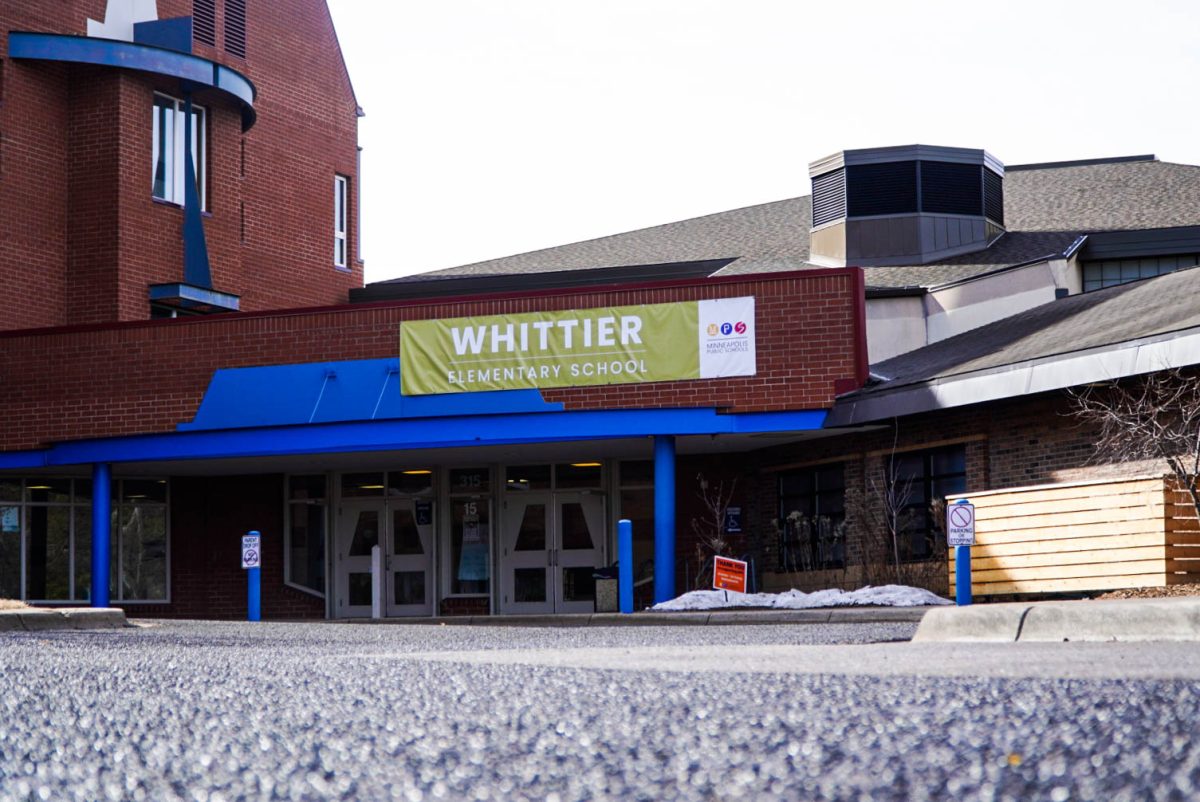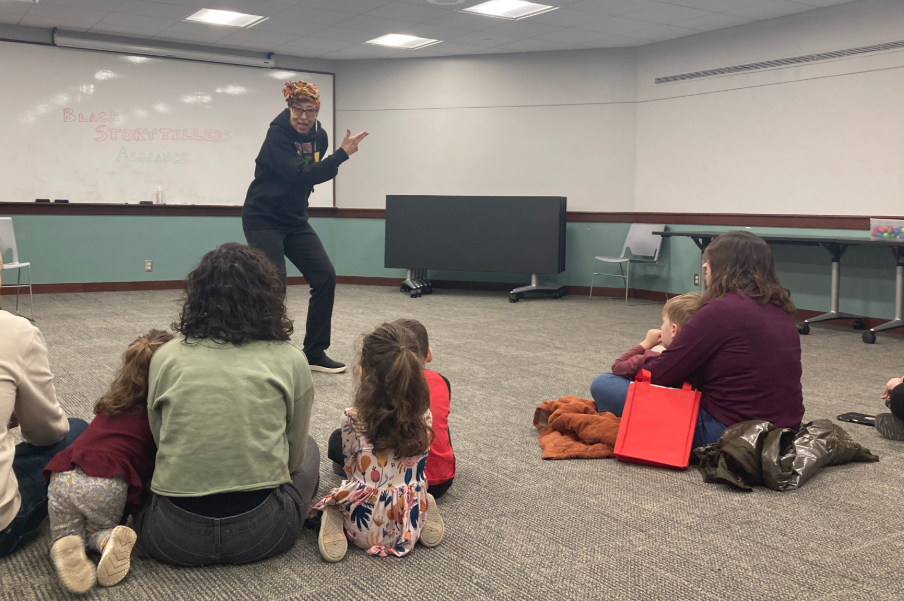The Minnesota Daily recently spoke with Minnesota Student Association President Mina Kian about the student government’s goals and initiatives for the upcoming school year.
Are there any new goals and initiatives that you are putting into practice this semester, or for the full year?
I previously served as [University of Minnesota’s] student body vice president, and the way that I’ve kind of framed it is that I’m just as encouraged as I was last year. I still have a huge capacity in governing how our organization is run and what we worked on. … In some ways many of these initiatives that we’re working on are the next phases or the next steps of stuff that we set up last year.
I think a few things that are going to be new this year, we know that the Title IX revisions are going to be coming up this year … We’re just sort of playing a waiting game with [University administration] to see what the [Department of Education] comes out with.
I’m really hoping to work on issues of nation sovereignty and rights, and making sure that Indigenous communities are being respected and also served by our advocacy work. That’s just a constituency that consistently gets left behind. Exactly what that looks like, I can’t tell you right now.
Our Government and Legislative Affairs team is so strong this year. I know that they’re going to be working on a lot of state-level policy and law changes and just working on passing a lot of bills with our elected representatives.
One of the things I’ve always cared about is [University] admissions practices. We hope to find ways to bring that into the diversity inclusion work that we keep at the forefront and the heart and soul of our organization’s mission and make sure that the campus not only works on supporting students that we have, but open[s] doors to bring in students that historically haven’t had the same opportunities and access to our institution.
How does MSA plan to be involved with the transition of our new president?
We actually have already been involved quite heavily. I [have had] the opportunity to meet with her a few times. We’ll kind of be acting as a helper in the transition in her relationship with undergraduate students. I’ve called [Gabel] for meetings quite a few times in the past month, and now that we’re going into the school year, we have a few standing meetings coming in for the next few weeks as well. One of the things that I truly appreciate about the way that she approaches her work is that she has a very student-centric focus to her leadership, and she is willing to engage students on new topics and really come alongside our advocacy work. I really do feel like we’ve already established a strong relationship with her office by meeting with them regularly and sending them updates on where we’re at with our initiatives.
Is there … any particular initiative that [Gabel] is planning on working with MSA?
She has already started conversations with us on the initiative of campus dining. Our contract with Aramark is coming up for reviewal this year, and as we’re looking at finding more sustainable options for our dining halls, she has engaged with us and our administrators to make sure that the student voice is being heard in that process.
She mentioned the issue of tuition when she was running to be president, and so I hope that’s another thing she’s going to focus on in this upcoming year.
With the national changes being made to immigration policy and the new regulations surrounding [Deferred Action for Childhood Arrivals], is MSA planning to support students who are being affected by these changes?
Our Non-Citizen Immigrant Task Force was created last year specifically to work on these issues. We work closely with [the University’s International Student and Scholar Services] and the Immigration Response Team on campus to make sure that we have an understanding of the legal work that they do to support our students. A lot of our work is just making sure that we’re hearing their voices, that we’re getting those resources and a general awareness of this issue out there.
How does MSA plan to work with other Big Ten school student governments?
The GLA team actually has an [Association of Big Ten Students liaison] which is a coalition of the ten student governments that we’re a part of, and we just work on collaborative advocacy initiatives. And we have a lot of work that we do on the federal level together, just because we serve over 500,000 students collectively. Through this channel, we actually had our last conference just a month ago.
How does MSA plan to work with [the Professional Student Government] and [the Council of Graduate Students] this year?
We already work pretty closely … [and] do a lot of collaboration on issues, like mental health. So, one of my goals for this upcoming year is to set up a strong relationship with all of the executive boards so that we can collectively advocate to our institution’s leaders … and those two groups, because we share a campus with them. I would say we do have a pretty strong relationship with them, but I also hope this extends to a relationship with more campus leaders in Crookston and Rochester because we’re all a part of the same UMN system.
This interview has been lightly edited for style and clarity.






